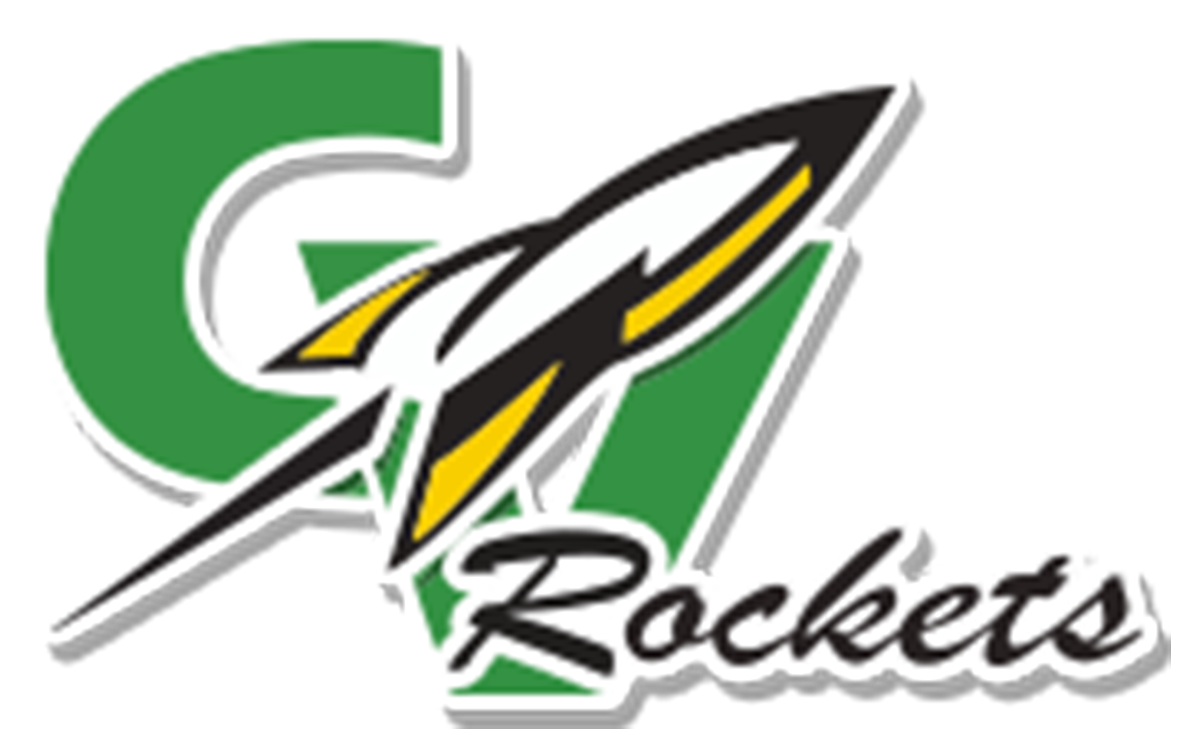Affiliated Organizations
Skip to content
Our District
Families
Staff
Employment
Show submenu for Affiliated Organizations
Affiliated Organizations
School Counselor and Scholarship Page
Athletics
Board of Education
Show submenu for
Copyright © 2024 Conotton Valley Union Local Schools. All rights reserved. Powered By Thrillshare
